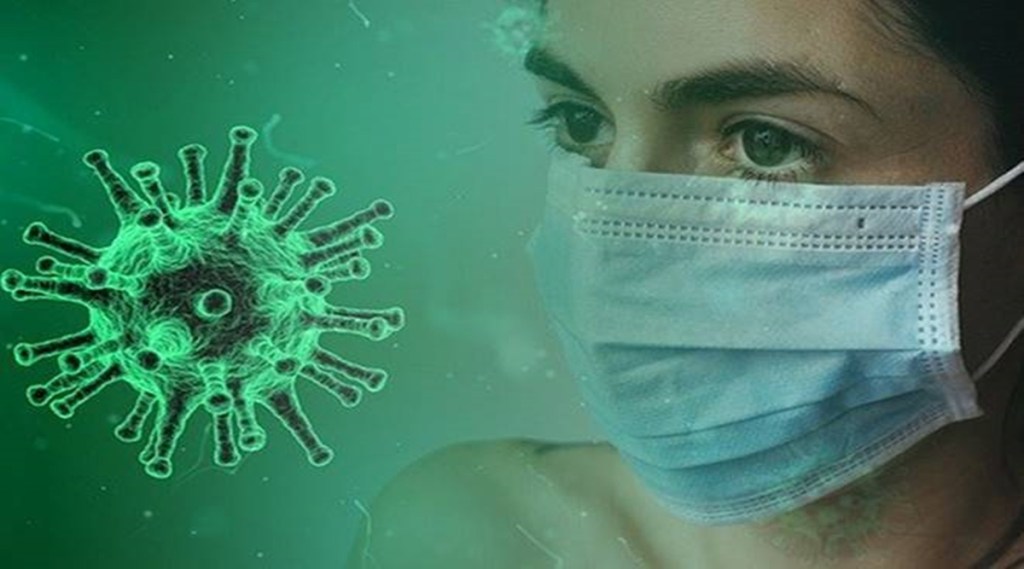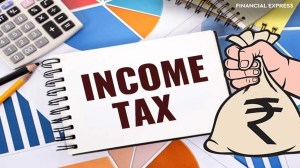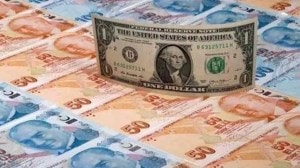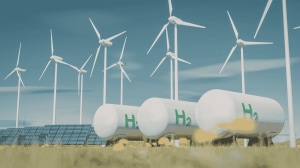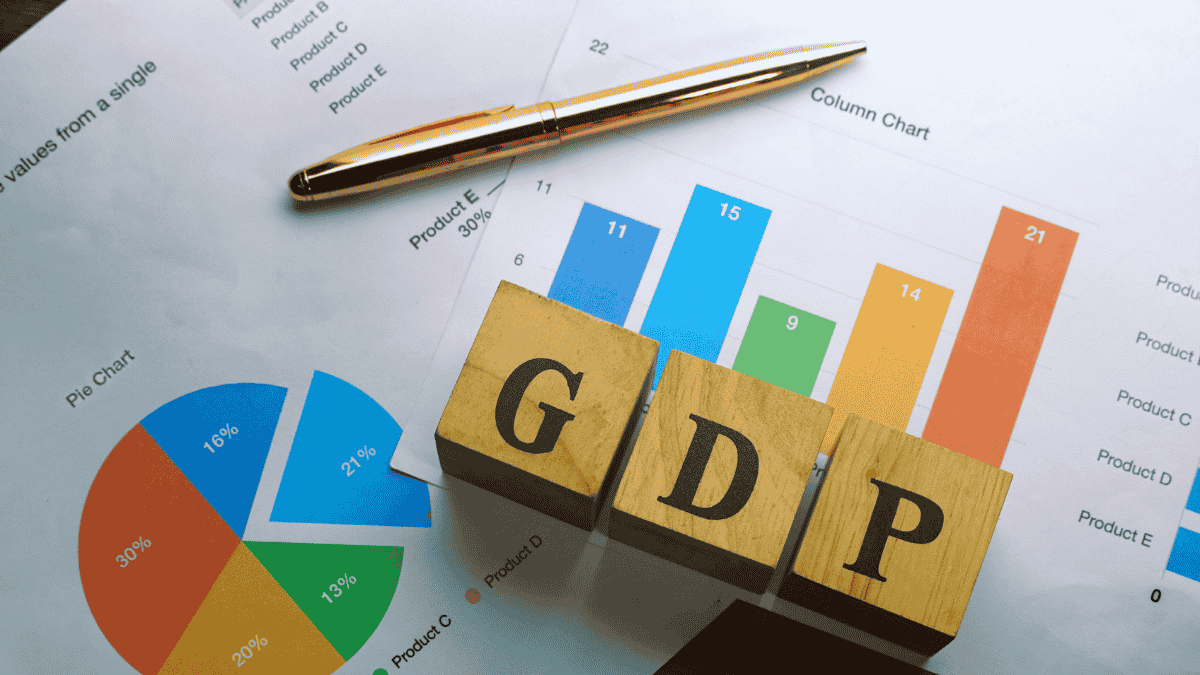Negotiations began on Thursday at the World Health Organization (WHO) on new rules to deal with pandemics with a proposed May 2024 target date for a treaty covering the United Nations health agency’s 194 member states. A new pact is among over 200 recommendations to shore up the global defence against new pathogens following the outbreak of Covid-19, which has killed more than 6.2 million people in two years.
The WHO itself is contending with calls for reform following an independent panel describing it as ‘underpowered’ when Covid-19 struck, Reuters reported. The panel pointed to its limited powers to probe into outbreaks and coordinate containment measures as bottlenecks.
Among the initiatives that could determine the 74-year-old body’s future is a Washington-led effort to build a global pandemic prevention fund, to be hosted by the World Bank.
PANDEMIC TREATY
Adopted following the 2002-03 SARS outbreak, the WHO already has binding rules — International Health Regulations (2005) — setting out countries’ obligations in cases where public health events have the potential to cross borders. These include immediately advising the agency of a health emergency and measures on travel and trade. Experts still view these regulations as functional in case of regional epidemics such as Ebola but inadequate for a pandemic of a global scale.
Among the proposals suggested for the new pact are sharing of genome sequences and data of emerging viruses and rules on equitable distribution of vaccines.
The European Union is pushing to ban wildlife markets and providing incentives for reporting new viruses and variants, an EU official told Reuters.
Member states have until August to decide on an initial draft of the pact, being backed by WHO Director-General Tedros Adhanom Ghebreyesus. He is also likely to be elected for a second term unopposed in May.
Once finalised, it would be the second health accord following the 2003 Framework Convention on Tobacco Control — a legally-binding treaty aimed at reducing smoking through taxation and rules on advertising and labelling.
COUNTRIES’ VIEW
The treaty is being proposed by the EU, which is its biggest backer. It has also garnered support from Britain, Kenya, Indonesia, and others.
While the United States will take part in the talks, it has voiced its opposition to a binding treaty. Brazil and India have also voiced reservations.
The involvement of many member countries is likely to make securing an agreement tricky.
HOW WILL THE TREATY WORK?
While its legal nature is still to be defined, the pact is an ‘instrument’ in WHO jargon, of which there are three types — regulations, recommendations, and conventions. Regulations are automatically binding legally for members unless they raise explicit objections.
However, it is unclear how the new pandemic treaty will fit together with the 2005 regulations.
According to one suggestion, the two should be complementary so that the existing rules apply to local outbreaks while the treaty response will kick in once the WHO declares a pandemic, which it currently does not have a mandate for, Reuters reported.
It remains to be decided if the negotiators will include compliance measures, including sanctions.
OTHER REFORMS IN THE WORKS
There are also separate talks taking place this week on a United States initiative to overhaul the 2005 rules.
Washington’s proposals are aimed at boosting transparency and granting the WHO quicker access to sites of outbreak. Several diplomats told Reuters that they were likely to prove too ambitious with opposition expected from China and others on grounds of national sovereignty.
While China allowed WHO-led expert teams to visit Wuhan, the Covid-19 epicentre, the WHO said it was still withholding clinical data from early cases that might hold clues about the SARS-CoV-2 virus’ origins.
Member states in another working group are discussing reforms to the WHO’s funding structure to increase sustainability and flexibility in case of a pandemic.
The United States, the WHO’s top donor until the pandemic, has so far opposed plans to increase the annual contributions of member countries.
